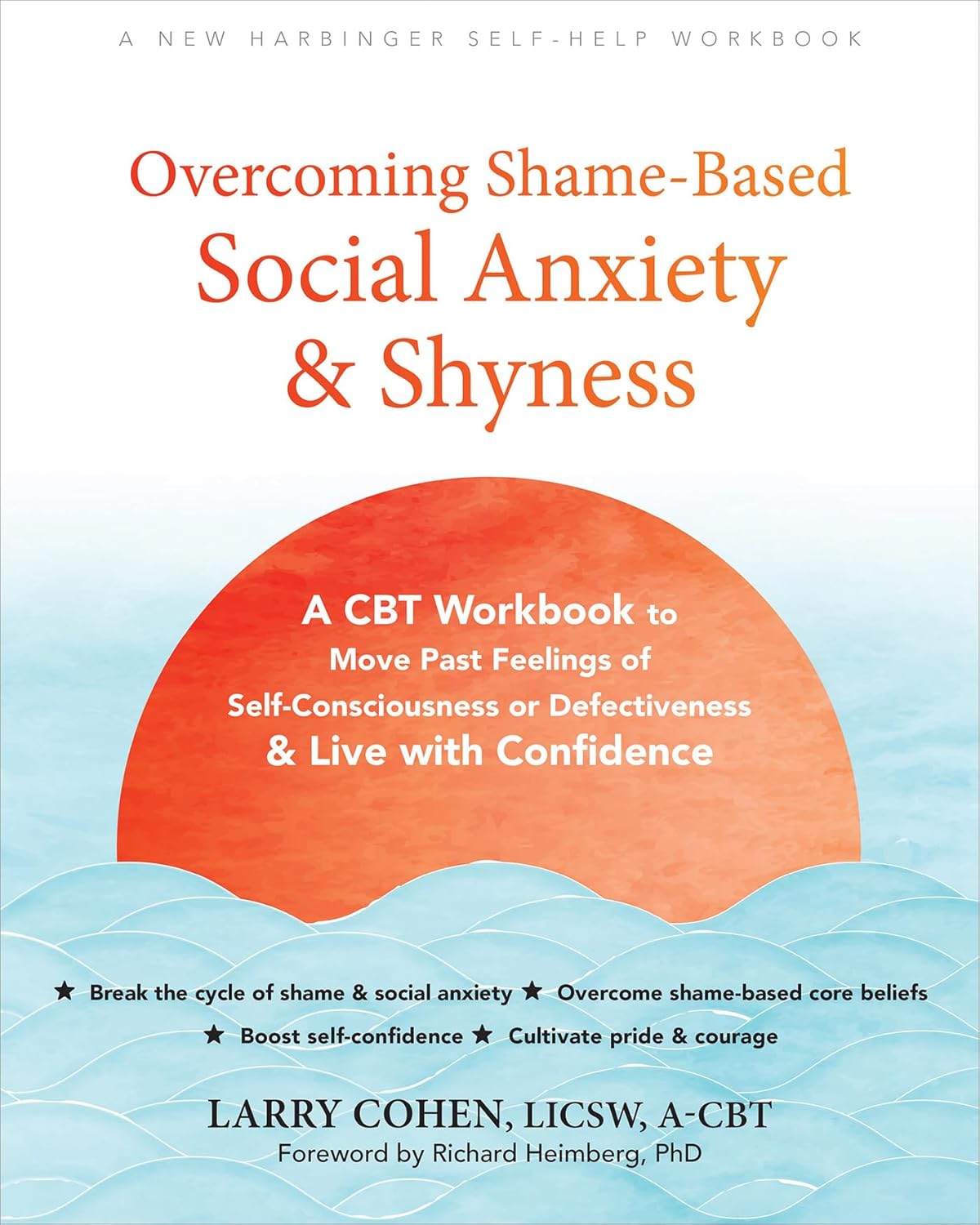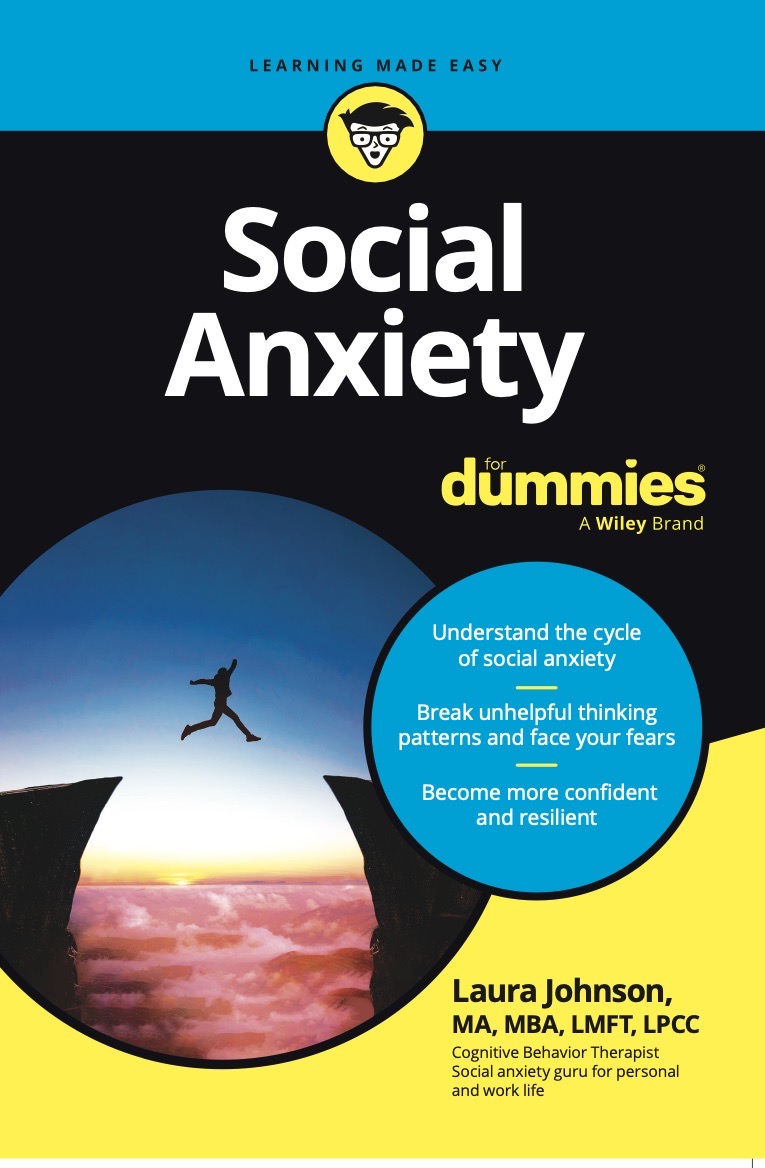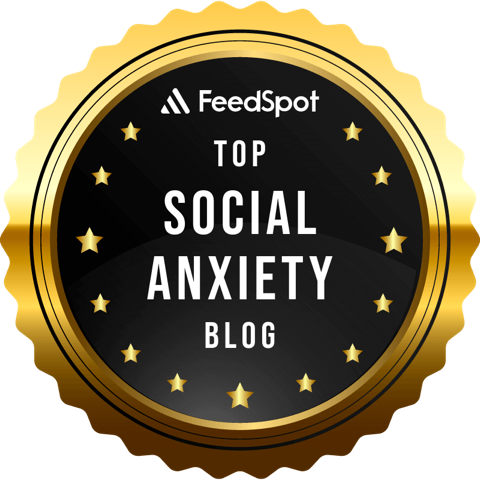We’ve all been there. Lying awake as the minutes (and hours!) go by, worrying about an upcoming event or ruminating on a past experience. Why did I say that stupid thing at the meeting? I wonder if she’s mad at me? What if I panic during my presentation tomorrow? Or perhaps we are spending time in bed rehearsing or scripting what we will say in an upcoming situation. When people experience social anxiety, they often have what is referred to “anticipatory anxiety” (anticipating feeling anxious in a future situation) or “post event rumination” (replaying and thinking negatively about a past experience). Both of these are activating mental processes that can interfere with someone’s ability to relax and go to sleep.
Helpful or not helpful?
Why do our brains do this to us at night?? It actually is an evolutionary adaptation that can be helpful, but isn’t always in our modern world. Worry is our brain signaling to us that there may be a threat and we need to take action to keep ourselves safe. Therefore, it enables us to override our sleep drive and keep us awake if there actually IS a threat. However, worrying about things that aren’t actually immediately threatening is still activating and keeps us awake.
Strategies to manage worrisome thoughts
There are useful strategies to address this worry. One that I teach most often to my clients is also one of the simplest! It is called “worry time.” If you are someone that tends to get into bed and then experiences a lot of worry, this could be a useful strategy. About an hour before it is time to start winding down for bed, sit down with paper and a pen (it is important to actually write and not type!) and set a timer for 15 minutes. Write down all of the worries that come into your mind. If there are just one or two specific worries on your mind, then just write them over and over. Be sure to write for the entire 15 minutes! Also, do not attempt to solve any of the worries or reframe them. Simply write out the worry content. The purpose of the exercise is to exhaust your brain of this worry content, so that when you get into bed, your brain is likely to be sick of thinking about it and won’t continue to get stuck there.

Another useful strategy is assessing the situation on which the worry is focused. Ask yourself: How likely (1-10) is this negative outcome to happen? (Often people with social anxiety tend to overestimate that likelihood). How bad (1-10) would it be? How long would the consequences persist? And finally, (the part that many worries leave out!) How would I cope with that? If you find yourself worrying close to bed time, sit down and write these out! Try to answer the questions with your logical brain, not your worry brain.
As mentioned, these two strategies can be used before bed. However, they also can be helpful once you’re in bed. If you are in bed for what feels like more than 20 minutes, and you are experiencing worry, get out of bed! This is where the intersection of anxiety and sleep problems (or insomnia) occur. If you lay in bed awake, anxious and activated, this arousal state begins to be associated with bed. Therefore, your bed becomes classically conditioned, or paired, with wakefulness. The more time you spend in bed worrying, the more your brain is cued to worry in bed. Arousal and relaxation (the state we need to be in to sleep) are opposite states.
Therefore, if you are having trouble falling asleep, get out of bed. Try one of the above strategies to address your worry, or do anything else you might enjoy to refocus. Do a crossword puzzle, watch a TV episode, start a new knitting project. This could also be a time to use relaxation strategies such as deep breathing or progressive muscle relaxation (the intentional tensing and releasing of major muscle groups). After at least 30 minutes have gone by, get back in bed and try again. The same process can be used if you awaken in the middle of the night and can’t fall back asleep.
If you notice that the focus of your worry starts to shift from worry about social situations or judgment from others to predominately worry about sleep (or your sleep continues to be impaired), then that may be time to seek treatment of a sleep specialist. Cognitive Behavioral Therapy for Insomnia (CBT-I) is an effective treatment for those suffering from insomnia.
Written by,
Lauren Neaman, Psy.D.
National Social Anxiety Center of Chicago











